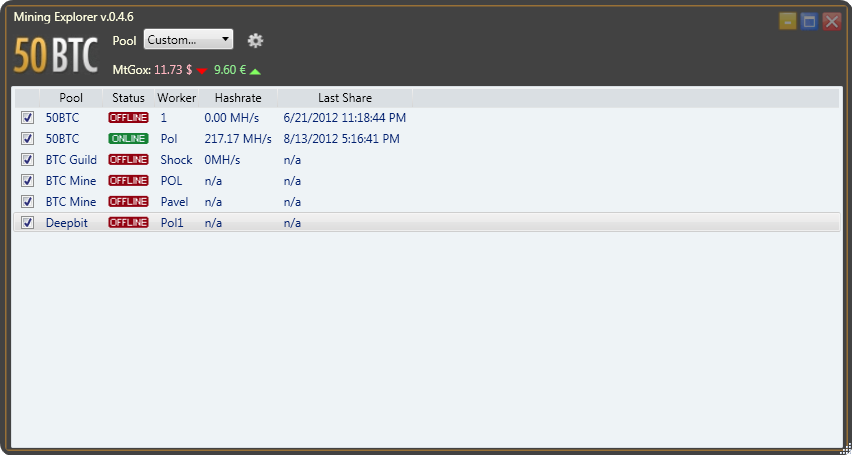


Then, when using pacreport -unowned-files as the root user, any unowned files will be listed if the associated package is no longer installed (or if any new files have been created).Īdditionally, aconfmgr ( aconfmgr-git AUR) allows tracking modified and orphaned files using a configuration script. Update-mime-database = usr/share/mime/magic IgnoreUnowned = usr/share/applications/mimeinfo.cacheĬa-certificates = etc/ca-certificates/trust-source/* Pacreport from pacutils can be used to track these files and their associations via /etc/nf (see pacreport(1) § FILES).Īn example may look something like this (abridged): Most systems will slowly collect several ghost files such as state files, logs, indexes, etc. Tracking unowned files created by packages Tip: The lostfiles script performs similar steps, but also includes an extensive blacklist to remove common false positives from the output. # find /etc /usr /opt | LC_ALL=C pacman -Qqo - 2>&1 >&- >/dev/null | cut -d ' ' -f 5. One method is to use pacreport -unowned-files as the root user from pacutils which will list unowned files among other details.Īnother is to list all files of interest and check them against pacman:
#Wiki offline backup install
If your system has stray files not owned by any package (a common case if you do not use the package manager to install software), you may want to find such files in order to clean them up. $ pacman -Qlq package | grep -v '/$' | xargs -r du -h | sort -h This one might come in handy if you have found that a specific package uses a huge amount of space and you want to find out which files make up the most of that. Listing files owned by a package with size The navigational keybindings are the same, although Enter will not work in the same way. $ LC_ALL=C pacman -Qi | awk '/^Name/' -layout=reverse The following command will list all installed packages and their individual sizes: There are two options here: get the size of individual packages, or get the size of packages and their dependencies.
#Wiki offline backup free


 0 kommentar(er)
0 kommentar(er)
